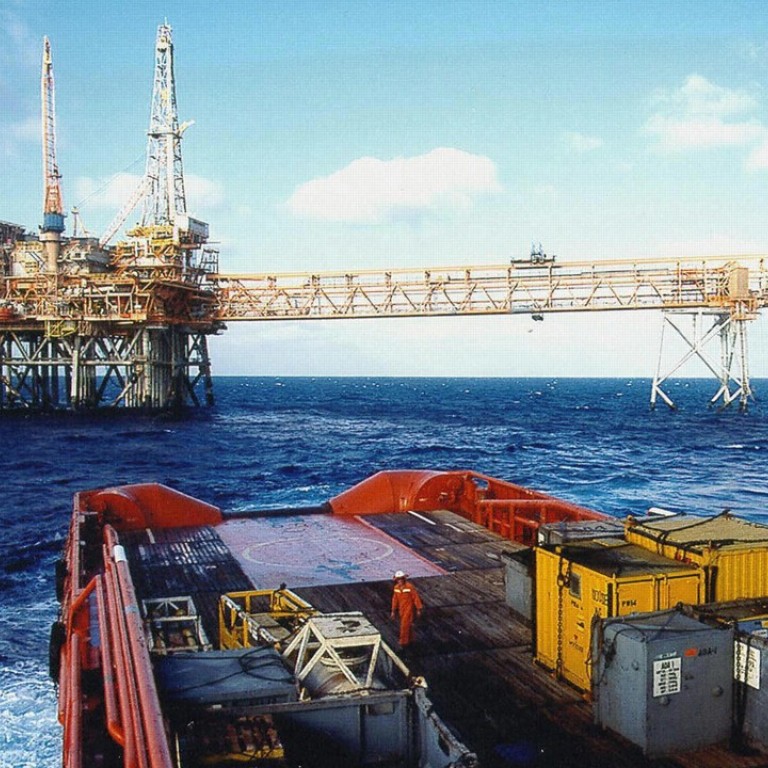
Has Australian media been muzzled by new ‘national security’ law that is scaring journalists into silence?
Canberra’s bid to get a better oil deal with East Timor by bugging its government is now a taboo topic, as reporters fear revealing ‘secrets’ could see them end up in prison
New laws said to keep Australia safe from foreign meddling are preventing the media from reporting on Canberra’s own interference in one of its closest neighbours, according to critics, who argue the draconian regulations damage the country’s image and status in the region.
In 2004, an Australian Secret Intelligence Service (ASIS) agent raised concerns internally about techniques Australia was using to get an advantage over East Timor.
At the time, prime minister John Howard’s government was embroiled in tense talks with its northern neighbour about lucrative access to oil and gas in the Timor Sea.
The concerns were secret until 2013, when a lawyer acting for the unnamed agent - known as ‘Witness K’ - blew the whistle.
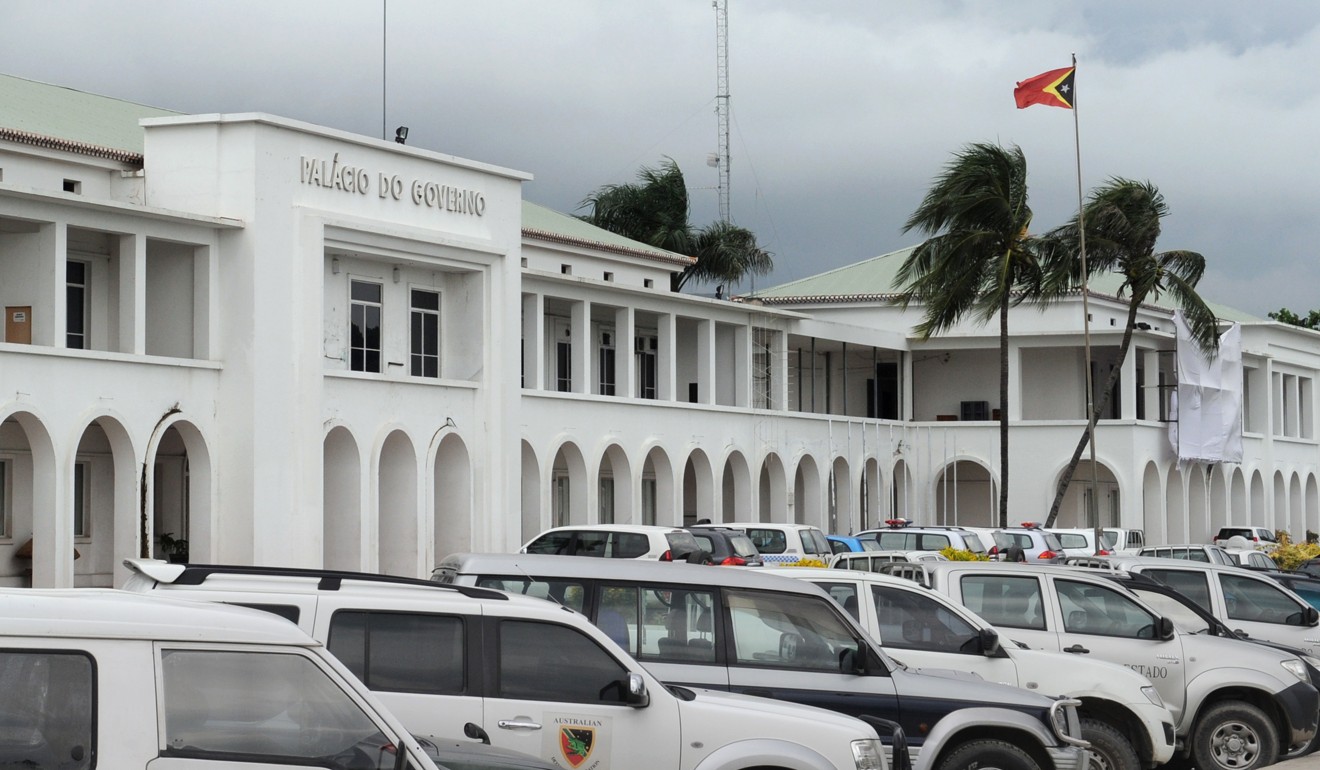
The lawyer, Bernard Collaery – who was an adviser to the East Timor government during the negotiations – told Australian media it was “a Watergate situation”.
“They broke in, they bugged, in a total breach of sovereignty, the cabinet room, the ministerial offices of then prime minister [Mari] Alkatiri and his government,” he declared.
Australia and East Timor strike deal to end maritime dispute
East Timor dropped international legal action against Australia on the matter in 2017, clearing the way for a final rights agreement between the two countries, which was signed in March this year.
But in recent weeks, the case and the ability of journalists to report it have become intense issues.
On June 28, independent member of parliament Andrew Wilkie – himself a former whistle-blower – revealed that Collaery and Witness K were being prosecuted for breaching national security.
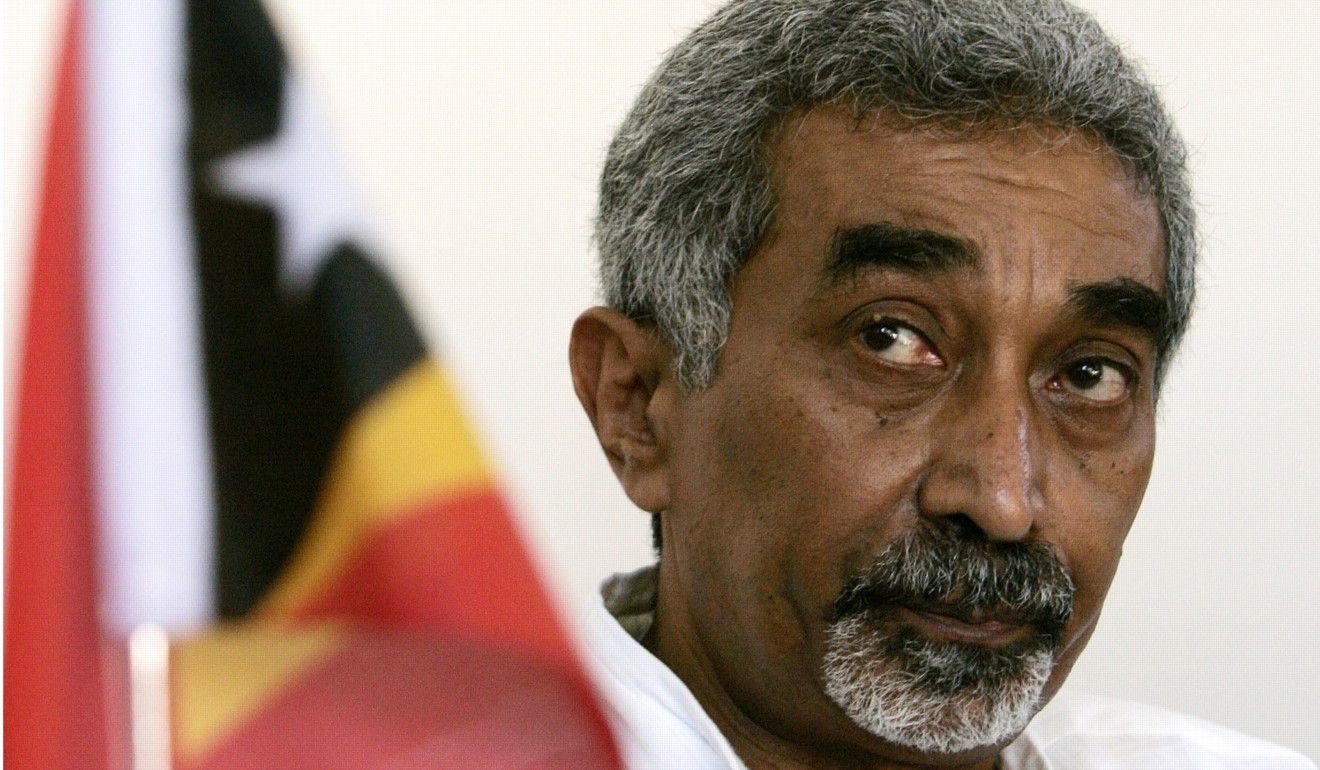
At the same time, lawmakers passed a new national security law which affects how the country’s overseas operations are covered by the media.
While no one has suggested the two events are strategically linked, the new law presents challenges for anyone trying to cover the Timor spying case.
New rules set down in the Espionage and Foreign Interference Act 2018 are aimed at conduct that might harm national security.
The act bolsters existing laws, such as the Intelligence Services Act, to better allow the government to lock away material or information it regards as too sensitive.
Under this new law, journalists cannot be sure that speaking to the central figures in the Timor spy case is legal.
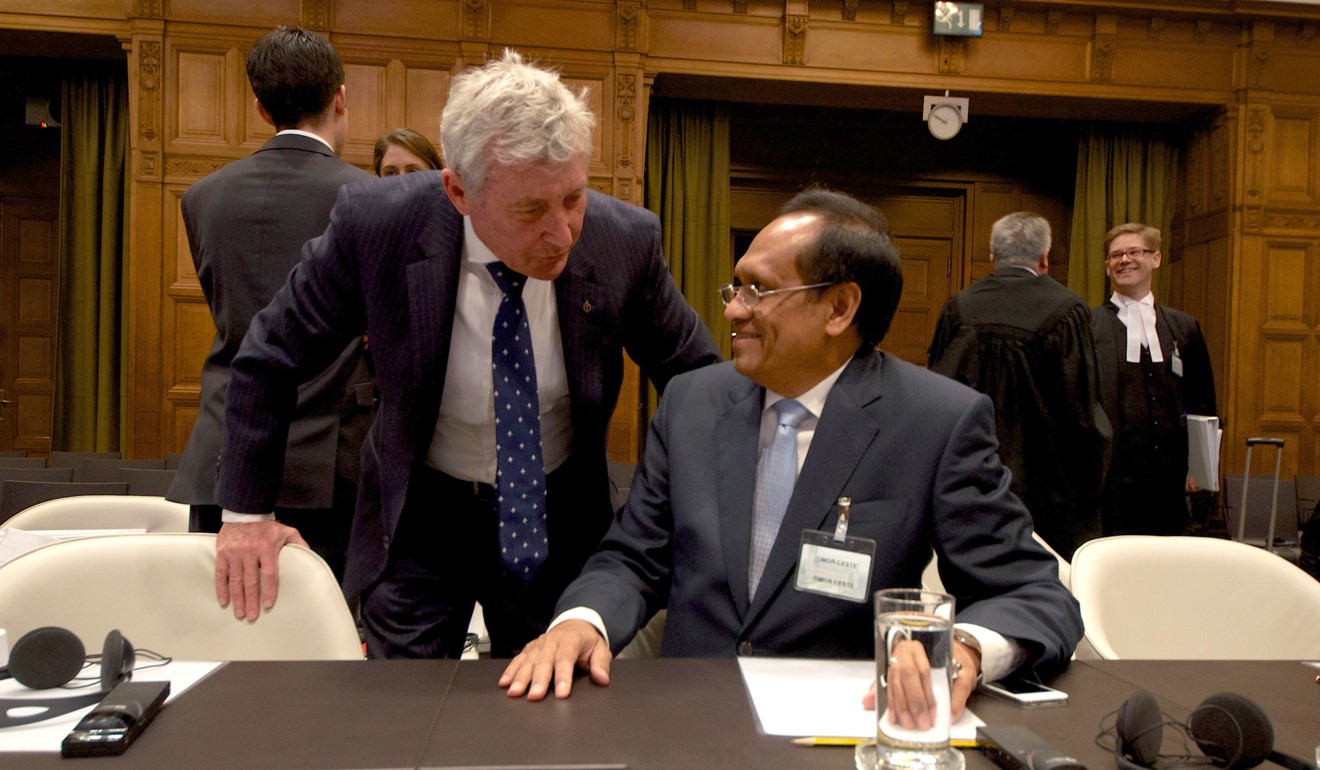
The maximum penalty, as laid out in the act, for publicising or holding new information considered risky to national security, is 25 years in prison. This may include previously secret information revealed by Collaery or Witness K.
So far, no media organisation has revealed more about the case and the two men’s prosecution only came to light under parliamentary privilege, which protects sitting politicians from legal action.
Only a small number of outlets have broached the issue, with the national broadcaster ABC airing an interview with Collaery earlier this month, but no new information has been reported.
Prominent barrister and spokesman for the Australian Lawyers Alliance, Greg Barns argued that this may be because they are afraid.
“If journalists know they can be subpoenaed or charged then they will think twice about reporting on such cases,” he said.
“The effect on media is quite chilling, but in fact that’s the whole idea … It’s part of a pattern.”
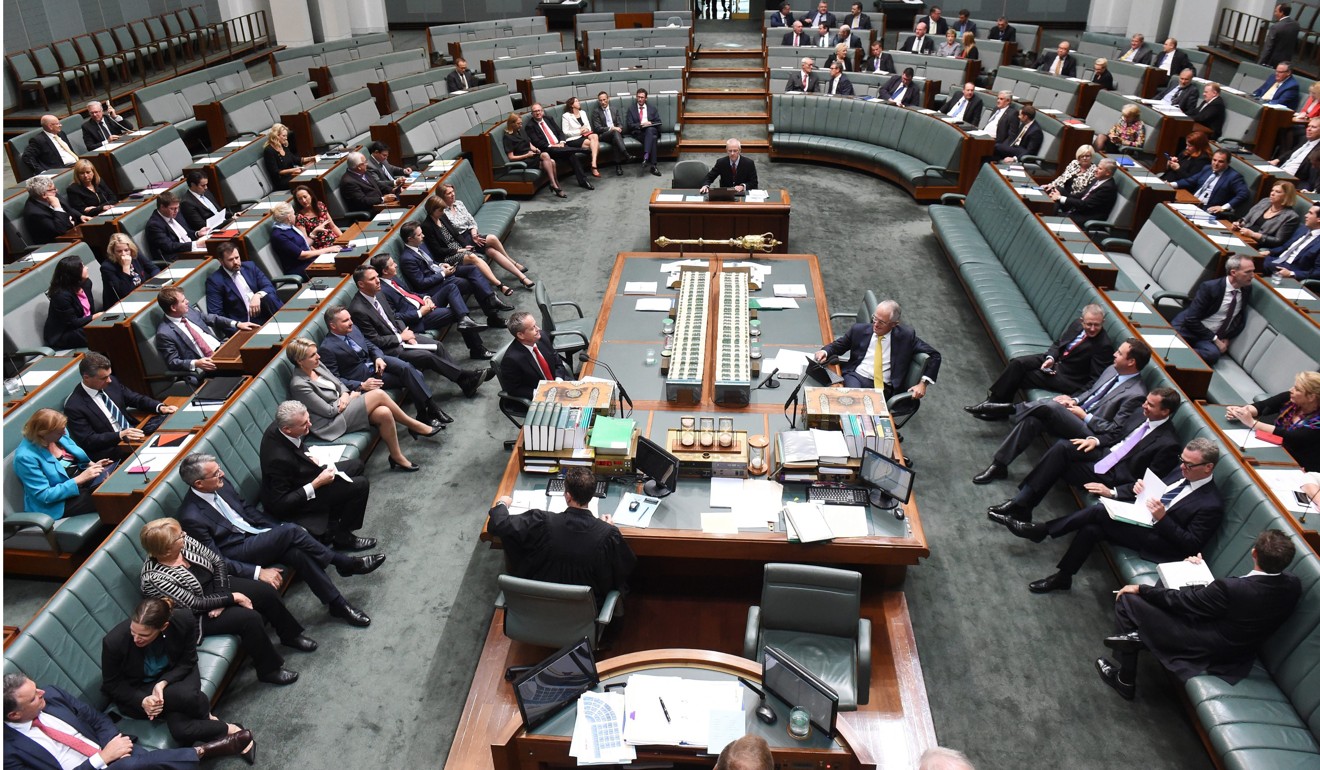
The situation appears different to the historic use of so-called D-notices, which the government uses to gag the media from reporting on sensitive issues, as access to resources is largely an economic rather than a security matter.
“The legislation represents yet another barrier to legitimate journalism in so far as journalists now have to watch for multiple national security tripwires when carrying out their work,” said Paul Murphy, head of Australia’s journalist union, the Media, Arts and Entertainment Alliance, referring to a range of security laws introduced over the last decade.
“It’s the actions of Australian governments that should be on trial here. Witness K and Bernard Collaery were clearly motivated by public interest and deserve praise not prosecution.”
For Wilkie, the limits on media freedom have implications for how such cases will be reported in future.
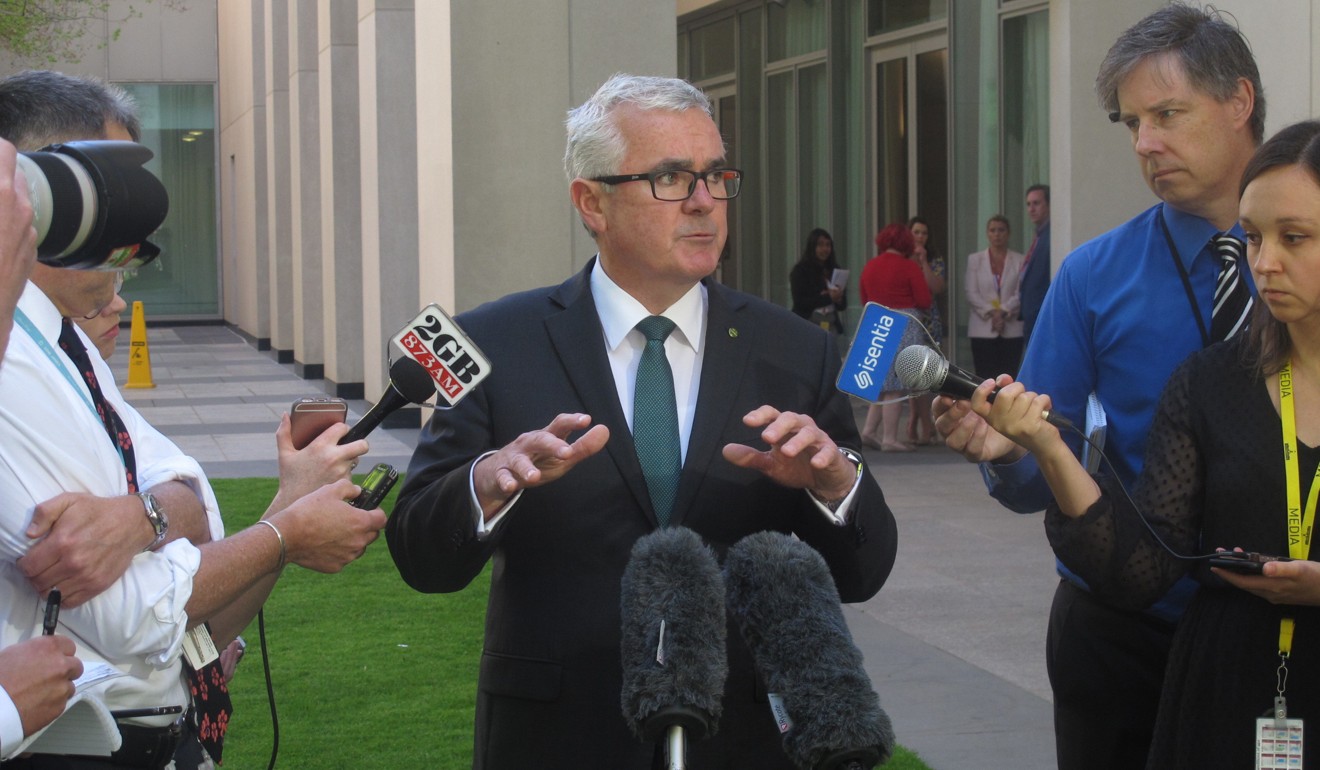
“The espionage and foreign interference laws ... passed last week will have a chilling effect on freedom of speech in Australia,” he wrote in an email on July 6.
“These laws will still make it harder for journalists to gather and report news if only because they will restrict the flow of information and make people scared to speak up. In fact, even me talking to a foreign newspaper could be considered by some people to be covered by the new laws because it could have the effect of making people think less of the Australian government.”
Across the region, Australia’s image may be damaged, said Barns, who argues that the case shows Australia is becoming “more authoritarian”.
“If the Australian government looks to use megaphone diplomacy in relation to human rights or freedom of speech, it will be seen as hypocrisy,” he said.

